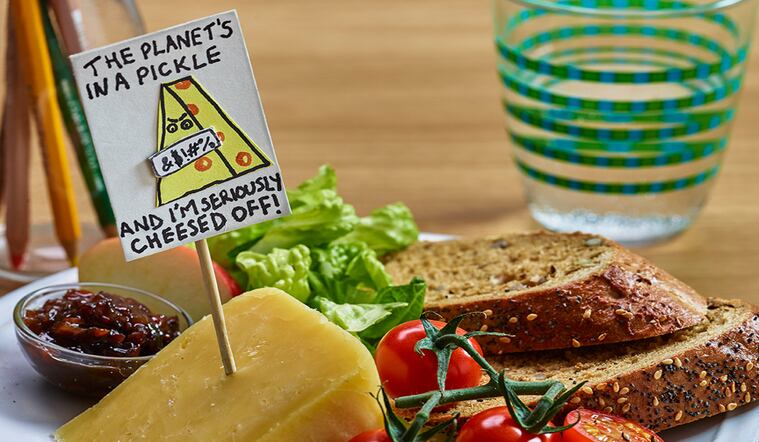It said that food eaten in the UK was linked to the threatened extinction of an estimated 33 species, including jaguars, giant anteaters and three-toed sloths.
While some companies have made commitments to tackle deforestation in their supply chains, WWF said that voluntary action was not delivering the change needed. It has called on the UK Government to end the importing of products that are driving deforestation.
Agriculture, it said, accounted for nearly three-quarters of deforestation in tropical and subtropical countries and, by 2030, a further 1,700,000 km2 of forests could be destroyed if current deforestation rates continued.
It highlighted the UK’s annual soy imports, which take up more than 1.5m hectares of land. WWF figures showed that European consumers, including in the UK, ate approximately 61kg of soy a year, with the majority of UK pigs and chickens fed on soy that is grown abroad.
It highlighted that unsustainable soy production was responsible for the destruction of rainforests and natural habitats in South America, because it was currently more profitable to clear new land for food production than to use degraded or abandoned agricultural land that already existed.
Katie White, WWF executive director of advocacy and campaigns, said: “People don’t want to eat food that’s destroying forests – but deforestation is hidden, even in food that appears home-grown.
“Action by individual businesses or consumers isn’t enough. We need the UK Government to show decisive leadership to take deforestation off our plates with legislation that makes it illegal to import products that contribute to the destruction of forests.”
It is calling for consumers to follow a five-point plan to support the initiative, which includes changing the system, getting educated, spreading the word, eating sustainably and joining WWF.

